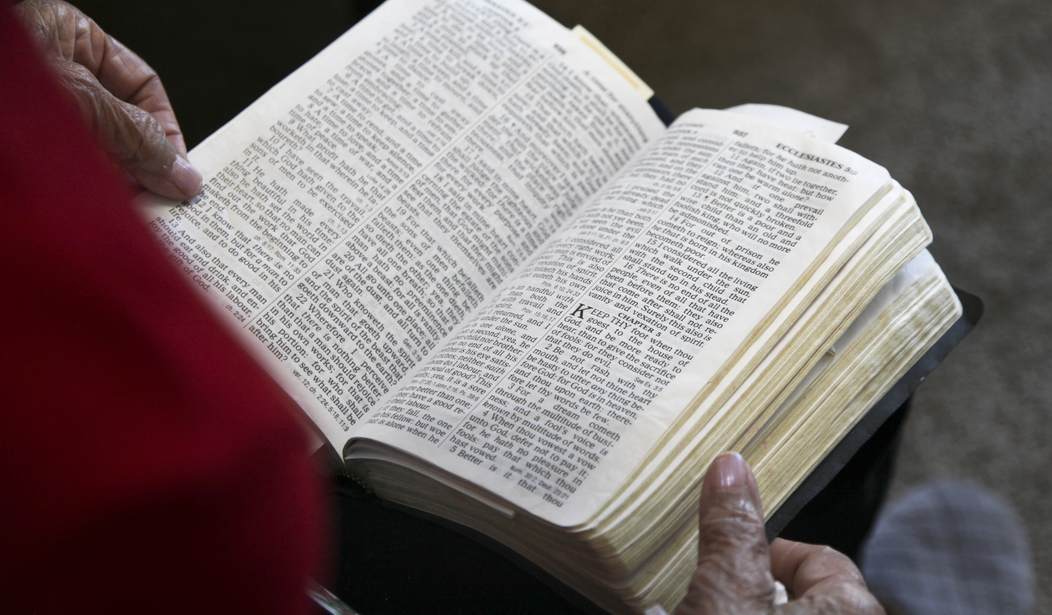A headline from the Associated Press popped up last week that caught my attention. It read, “Religiously, Congress doesn’t reflect America.” That title turned out to be a bit misleading, or at least it did for me. Given the nature of too many of the swamp dwellers, I immediately assumed that the survey the AP was citing would find more pious people of faith out in the heartland than on Capitol Hill. But the figures they were citing suggested just the opposite. Far more Congress members and Senators classify themselves as having some religious affiliation (predominantly Christian) than the hoy polloi that make up the rest of the nation. But are they really?
Religiously speaking, the incoming 118th Congress looks like America — that is, the America of decades past, rather than today.
Congress is far more Christian, and religious overall, than today’s general population.
Even though nearly three in 10 Americans claim no religious affiliation — a rate that has steadily risen in recent years — only two of the 534 incoming members of Congress will admit to as much.
So 63% of Americans identify as Christians, while 88% of members do so. Six percent of the members identify as Jewish, while Jews only represent two percent of the overall population. 29% of Americans now claim no religious affiliation, while only two members say the same. (Congressman Jared Huffman, a Democrat from California identifies as a humanist, and Senator Kyrsten Sinema of Arizona, who identifies herself as “unaffiliated,” the same as she now does for her political party choice.)
The partisan divide in Congress when it comes to religion is still quite wide, however. Republicans identify as Christians in 99% of the membership, with the rest being Jewish. But 76% of Democrats identify as Christians, with 12% saying they are Jewish. The rest are scattered across nearly a half dozen other faiths.
If you happen to believe religiosity speaks well of a person and tends to make them more moral, this probably sounds like great news. But allow me to cast some doubt regarding these high numbers without being able to prove it as a fact. Some of the members, particularly among the conservatives, seem to absolutely be people of faith and they invoke their faith in God in their speeches and writing on a regular basis.
But there have to be some of the members who claim to be of a particular religion, the various sects of Christianity most commonly, but who are saying that for political convenience. Identifying that way can buy you some traction with many voters while claiming to be an atheist might scare off some people of faith who might have otherwise voted for you.
That reality also shows up in the survey results. Voters who claim no religious affiliation voted overwhelmingly for the Democrats, producing an average 2 to 1 advantage across all House races and as high as 4 to 1 in some tightly contested swing state races. So with declining numbers of Americans identifying as Christians on a yearly basis, is this a long-term problem for the GOP? The numbers certainly suggest as much. Check back with the Pew survey in five years and find out whether these trends continue or turn around.







